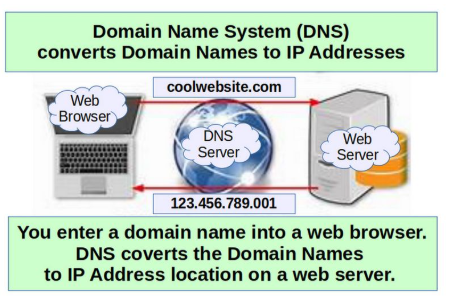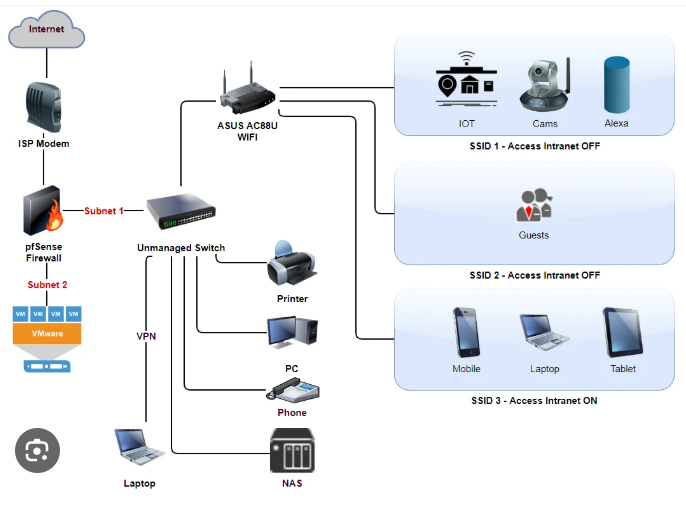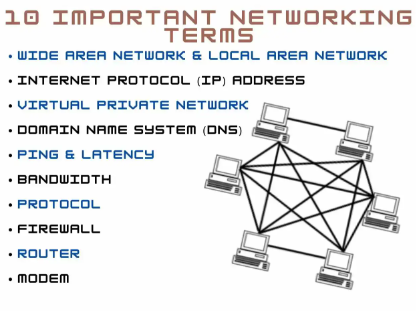
What is DNS? | How Domain Names Turn Into IP Addresses
When you type a website like www.google.com into your browser, how does your computer know where to go?
The answer: DNS – the Domain Name System.
Why Does DNS Exist?
Computers use IP addresses to identify each other—like 142.250.190.36.
But humans remember names, not numbers.
So instead of typing a long IP every time, we type:
…and DNS translates that name into the correct IP address behind the scenes.
Without DNS, you’d have to memorize numerical IP addresses for every website.
Related: What Is an IP Address? (IPv4 vs IPv6)
Related: What Is a Computer Network?
How a Domain Resolves to an IP (DNS in Action)
Here’s a simplified DNS resolution process:
- You type www.exploretoday.blog into your browser.
- Your computer checks local cache. If no match…
- It contacts a DNS resolver (usually from your ISP).
- The resolver asks a root DNS server:
“Where can I find .blog domains?”
- The root server replies with the Top-Level Domain (TLD) server.
- The resolver asks the TLD server:
“Where’s the DNS for exploretoday.blog?”
- The TLD replies with the authoritative DNS server.
- The resolver asks the authoritative server:
“What’s the IP of www.exploretoday.blog?”
- The server replies:
192.168.1.100 (example)
- Your browser loads the website using that IP!
It all happens in milliseconds.
Real-World Analogy: The Internet’s Phonebook
Imagine you want to call your friend Sarah, but you only know her name—not her number.
You:
- Open your phonebook
- Look up “Sarah”
- Get her phone number
- Dial the number to connect
In the same way:
- You type a domain name
- DNS looks up the IP address
- Your device connects using the IP
DNS = The Phonebook of the Internet.
Bonus: What Is a DNS Server?
A DNS server is a computer that holds domain-IP mappings.
Common public DNS servers:
| Provider | DNS Address |
| Google DNS | 8.8.8.8 and 8.8.4.4 |
| Cloudflare DNS | 1.1.1.1 |
| OpenDNS | 208.67.222.222 |
You can change your DNS server for faster or more private browsing.
Summary Table
| Term | Meaning |
| DNS | Domain Name System (resolves names to IPs) |
| Domain Name | Human-readable website name (e.g., google.com) |
| IP Address | Machine-readable address (e.g., 192.168.1.1) |
| DNS Server | Stores domain-to-IP mappings |
| Analogy | Phonebook for websites |
Still confused about DNS or want to see a visual flowchart?
Drop a comment, and I’ll add one just for you!
Would you like me to generate an infographic of the DNS resolution process?


